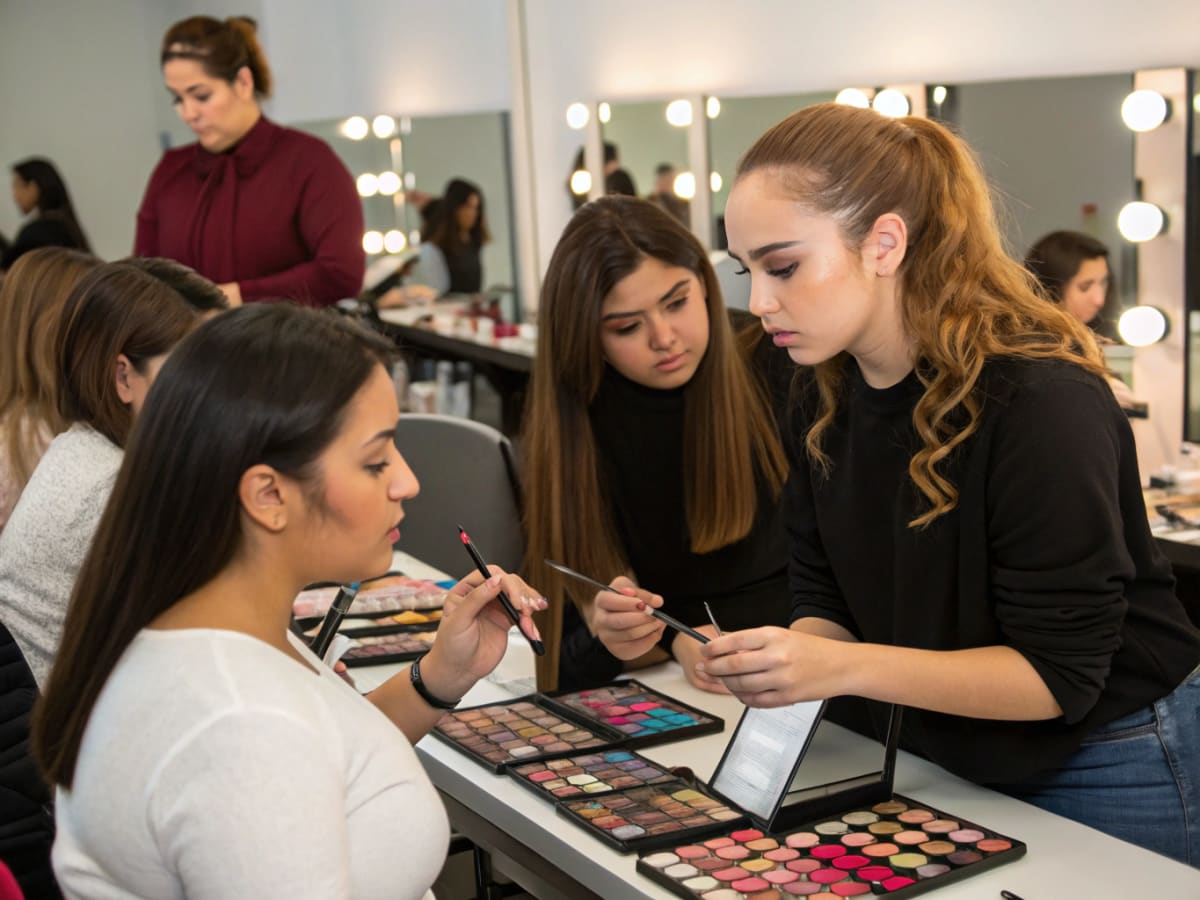
Transition to Practical-Focused Education System for Makeup National Certification: Systematization of the Beauty Industry and Enhancement of On-site Adaptability
The introduction of the makeup national certification system has brought positive changes to the beauty industry, but the lack of practical skills has emerged as an issue. To solve this problem, a shift to a practical-focused education system is necessary. Let's explore the background and role of practical-focused education, which has become increasingly important.
Limitations of Certification-Focused Education
In the field of makeup, certification is a fundamental and essential step, but many lack the skills needed for practical work. Many students concentrate solely on obtaining certifications, leaving them inadequately prepared to meet diverse client demands in real-world scenarios. While certification sets the minimum standard, professional skills and adaptability required to thrive in actual practice remain separate challenges.
"In the field, there is a need for experts who provide tailored solutions according to various face shapes and trends, rather than mere technicians repeating fixed answers."
![[Beauty Column Issue No. 11] Makeup National Certification...Transition to Practical-focused Education System](https://cdn.thebk.co.kr/news/photo/202506/300945_70947_3413.png)
Problems of Makeup Artists Lacking Skills
There is an increasing number of certified individuals who lack even basic technical skills. This not only undermines trust in the professionalism of the beauty industry but also places a greater burden on already strained workplaces lacking skilled technicians. As a result, seasoned makeup artists are burdened with the responsibility of training juniors while managing their duties, which can decrease client satisfaction. This reality indicates that practical experience and skill enhancement should take precedence over relying solely on certifications.
Importance of Practical-Focused Education
Obtaining a national certification is just the first step as a makeup artist. It is more realistic to pursue certification after receiving comprehensive practical-focused skill training. The field already prefers talents equipped with both certification and skills. Practical-focused educational institutions play a vital role by focusing education on techniques used in actual settings and fostering adaptability. Training 'skilled makeup artists' through such education is a key method to enhance competitiveness.

There needs to be a shift from theory and certification-focused education to a system that strengthens practical training. A structure should be established where practical makeup exercises, model practice, and simulation classes allow for repetitive training in real situations. Educational institutions, colleges, and vocational schools should now revamp their curricula to foster 'employment-ready skills.' Skill proficiency is not developed overnight; it is achieved through repetition and experience.
In Conclusion
The competitiveness of the beauty industry starts with skills, not certifications. For the future of the beauty industry, professional training enhanced with practical education at institutions must accompany national certification attainment. Acquiring a certification is only the beginning, and only practical education that can fill the subsequent gap will be the true force in saving the field and industry.
If you understand the importance of developing the makeup certification system and practical-focused education, you can become a more competitive member of the beauty industry through YURICO5's expertise. For detailed support, please inquire at YURICO5.
